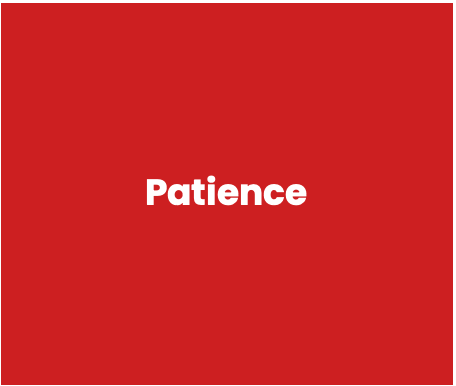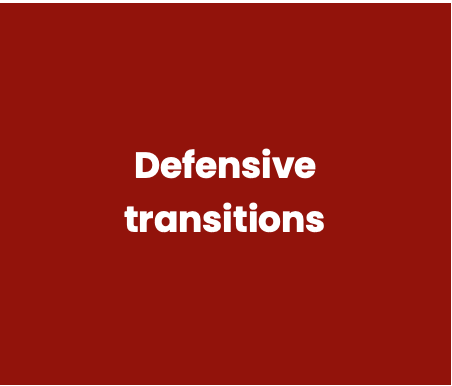What does Delay look like
Delay and pressure in soccer are vital defensive principles, very much interlinked. They involve the defensive team using tactics and positioning to slow down the attacking team’s progress, all while exerting pressure to disrupt their possession and potentially regain the ball.
The principle of delay is about buying time for the rest of the team to recover and reorganize after losing possession. Meanwhile, pressure is about exerting physical or spatial duress on the opposition to force errors, win back possession, or influence the direction of play.
Let’s examine some specific scenarios illustrating the successful execution of the defensive principles of delay and pressure:
Delayed Pressure
Imagine Team A loses the ball to Team B deep in Team B’s half. The nearest Team A player doesn’t rush in to regain possession immediately. Instead, they adopt a delaying tactic, positioning themselves between the ball and the goal and forcing the Team B player towards a less threatening area of the pitch. This buys time for the rest of Team A to fall back and reorganize defensively.
Pressing in Numbers
Team A has lost possession in the midfield. Instead of a single player rushing to the ball carrier, multiple players converge, applying pressure from different angles. This tactic not only restricts the options of the player in possession but also increases the chances of intercepting a misplaced pass or winning a loose ball.
Forcing Mistakes
When Team B’s defender has the ball near their goal, Team A’s forwards apply high pressure, not giving the defender time or space to make a clean pass. This can force the defender into a rushed clearance or a risky pass that can be intercepted by Team A, causing a turnover in a dangerous position.
Counter-Pressing
Team A loses the ball while attacking. Instead of falling back immediately, they employ a counter-pressing strategy, aggressively pressing to regain possession before Team B can organize their counter-attack. This pressure aims to delay the counter-attack and can often result in regaining possession near the opposition’s goal.
Pressing Traps
Team A’s defence and midfield shape themselves in a way that leaves an apparent passing option open for Team B. Once the pass is made, Team A players quickly close down the space, trapping the receiving player with intense pressure and limited options, with the intent of winning back the ball.
Technical Skills
To effectively implement Delay, players must possess the following technical skills:
Tackling: Players must be able to tackle effectively, preventing the opposition from progressing the ball forward.
Intercepting: The ability to anticipate the opposition’s passes and intercept them is essential for successful Delay.
Pressing: Applying pressure on the opposition’s ball-carrier can force them to make mistakes or play passes that are less threatening to the defending team.
Defensive positioning: Players must have a strong understanding of their defensive responsibilities and be able to position themselves effectively to reduce the opposition’s attacking options.
Communication
Effective communication and teamwork are essential for successfully implementing Delay. Players should:
Use verbal cues: Players must communicate their intentions and positions to teammates to coordinate movements and maintain a strong defensive structure.
Employ non-verbal communication: Body language, such as signaling or gesturing, can help convey information and synchronize movements on the field.
Be aware of teammates’ positions: Players should have a clear understanding of where their teammates are on the field to effectively cover each other’s defensive responsibilities.
Develop chemistry: Building a strong rapport and understanding among teammates will improve the effectiveness and cohesion of the defending team’s Delay tactics.
Tactical knowledge players need
To effectively implement Support, players must possess the following technical skills:

Patience: Delay requires a patient and disciplined approach, with players avoiding unnecessary risks or challenges that may leave gaps in the defense.

Timing of tackles and interceptions: Players must know when to tackle or intercept the opposition’s passes to prevent them from advancing, without risking a foul or allowing the opposition to play around them.

Defensive transitions: Players must be able to quickly transition from attack to defense and be well-organized in their defensive structure to prevent the opposition from exploiting gaps or vulnerabilities.